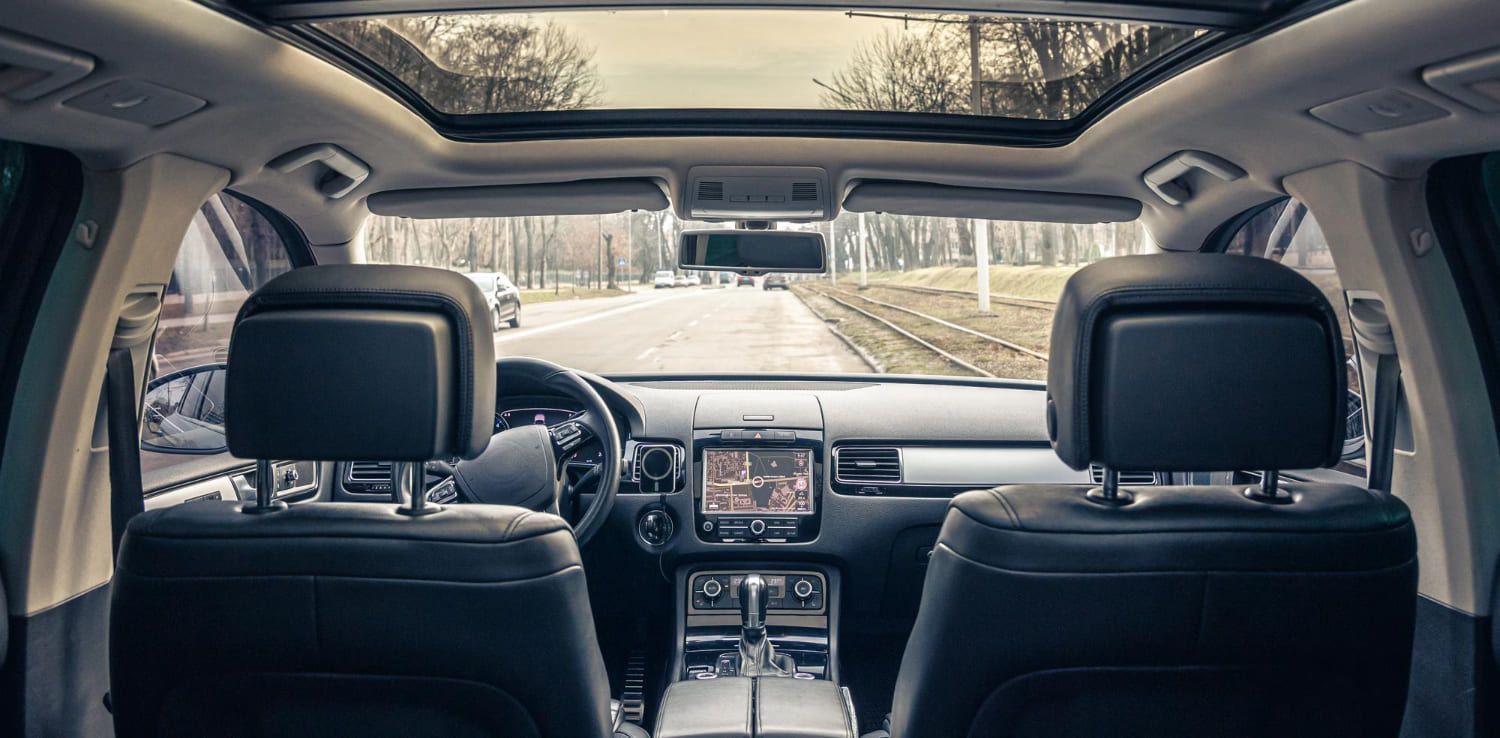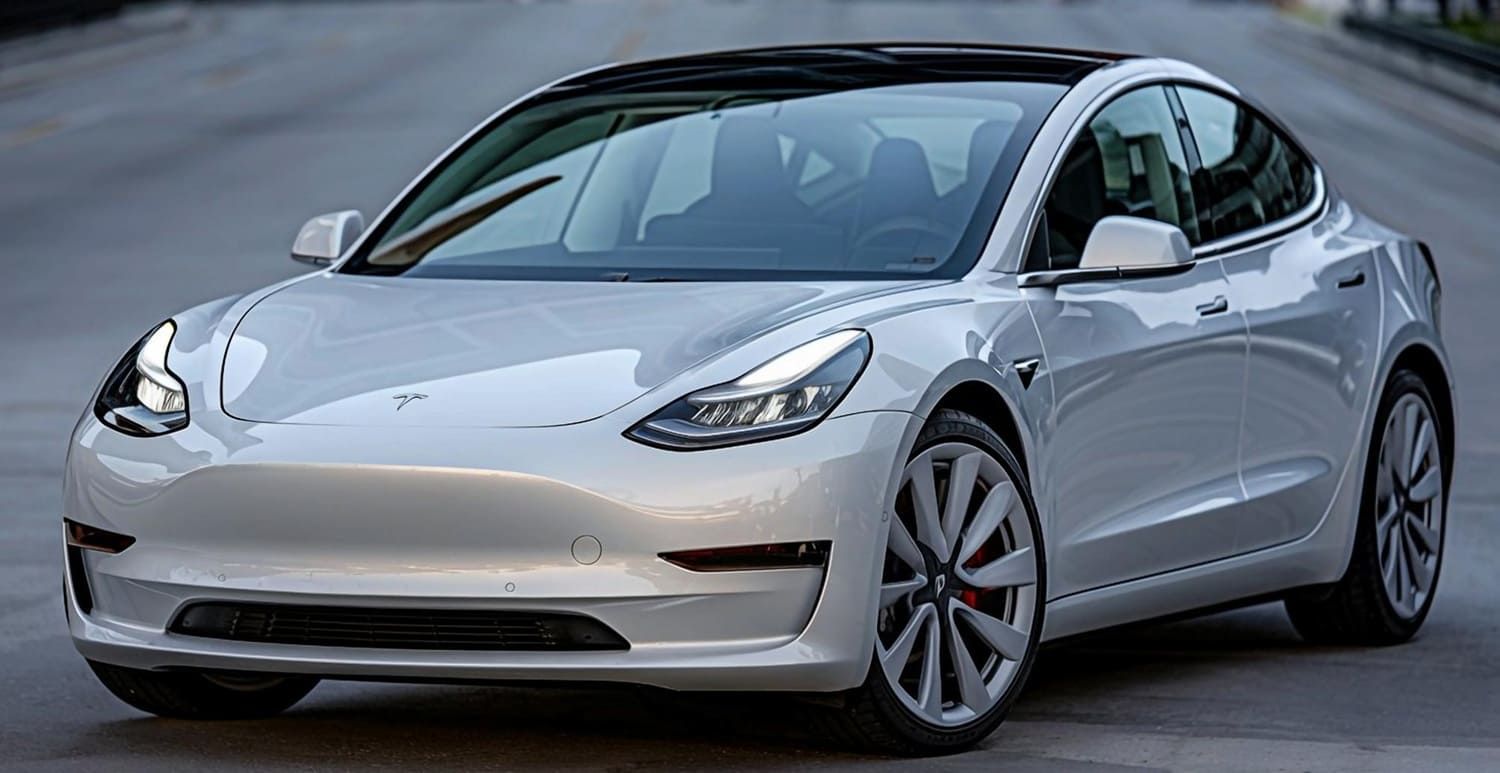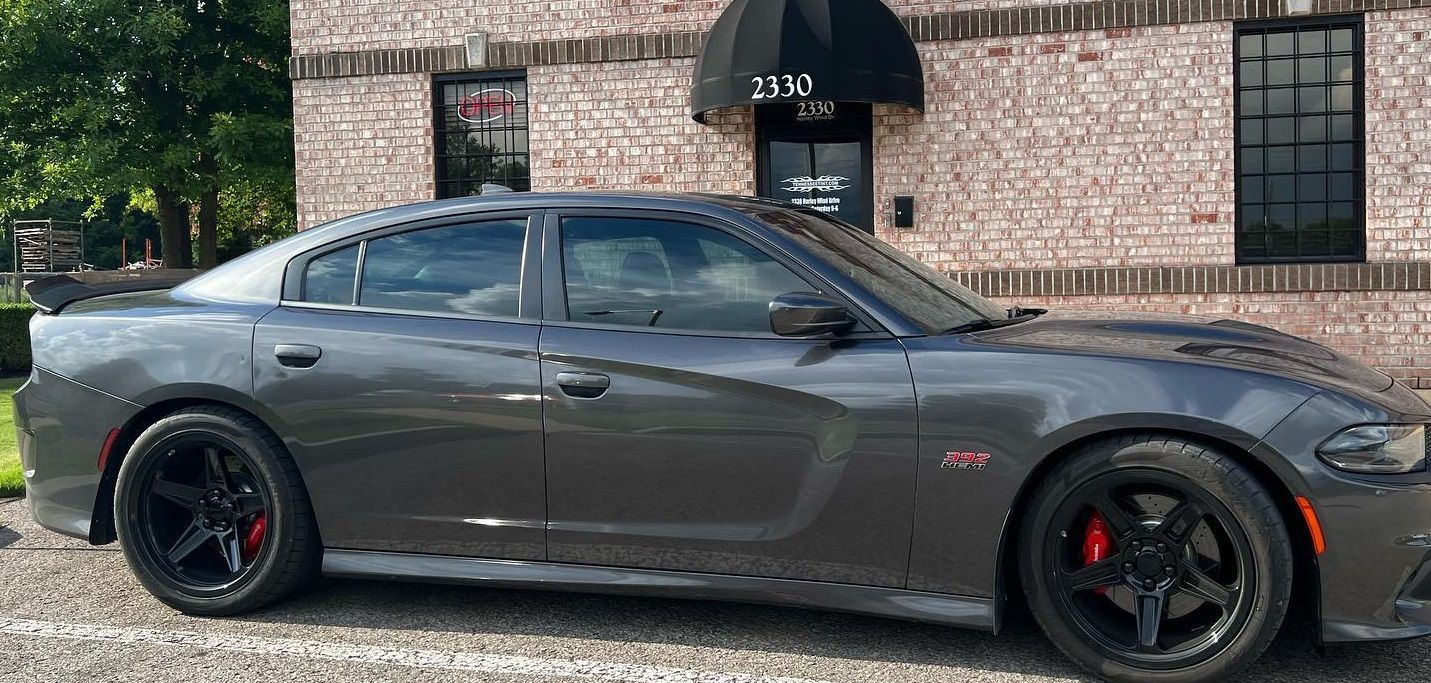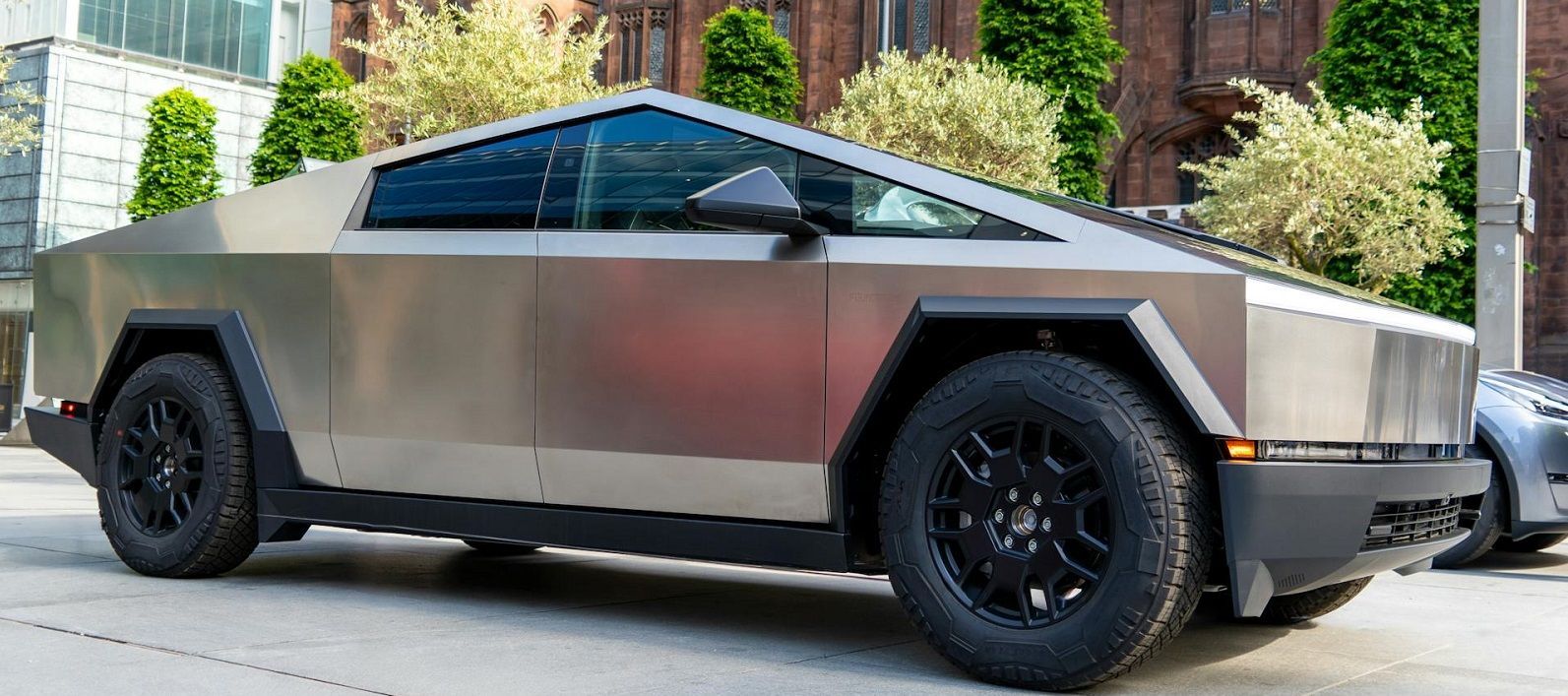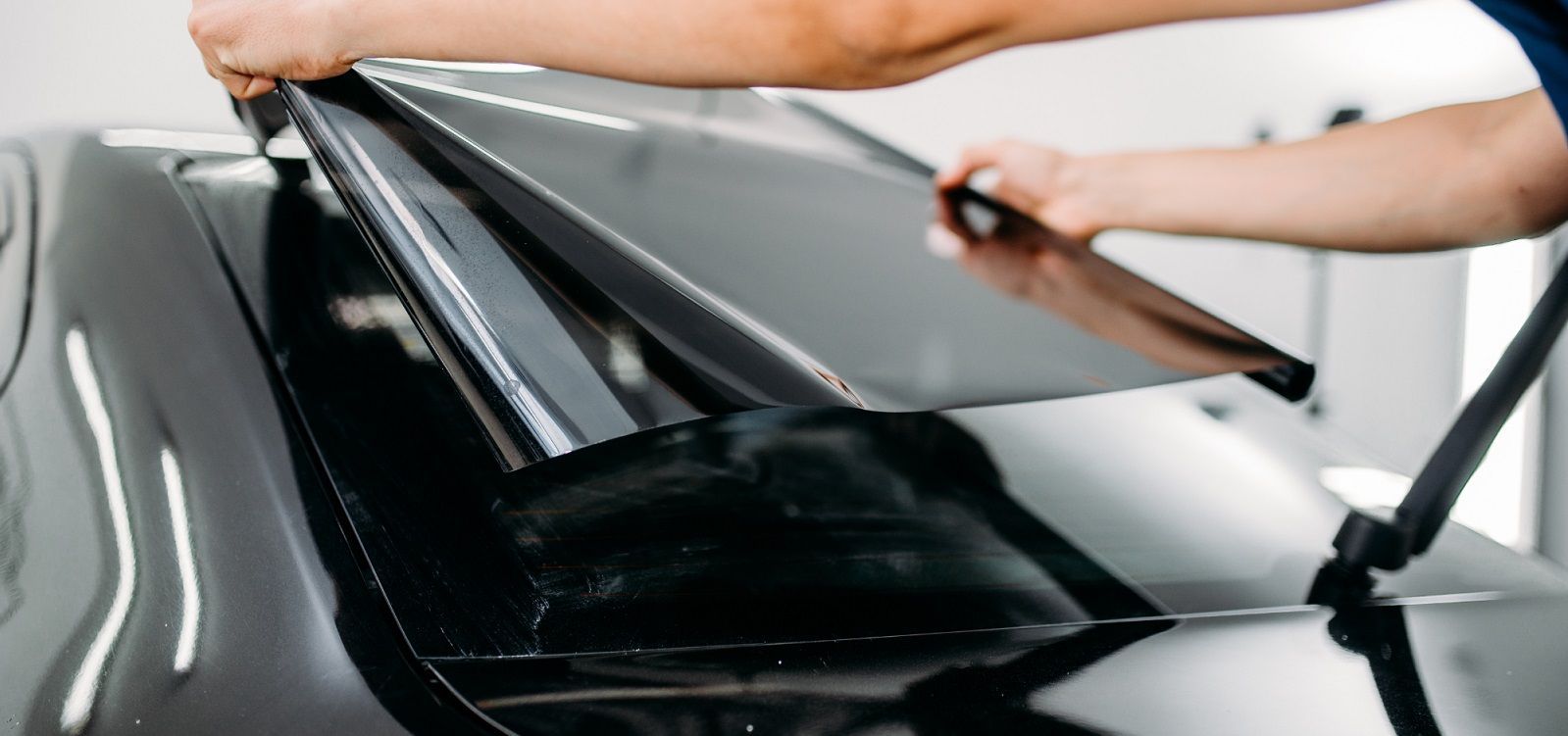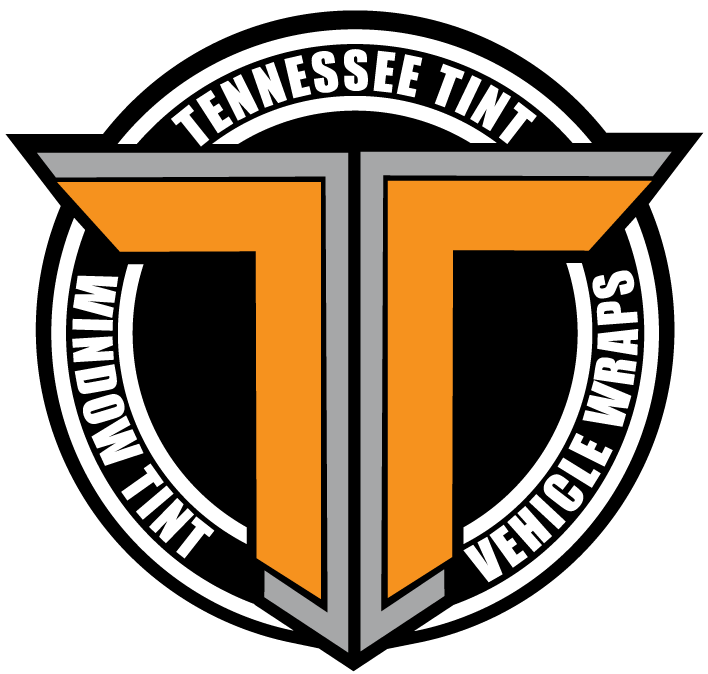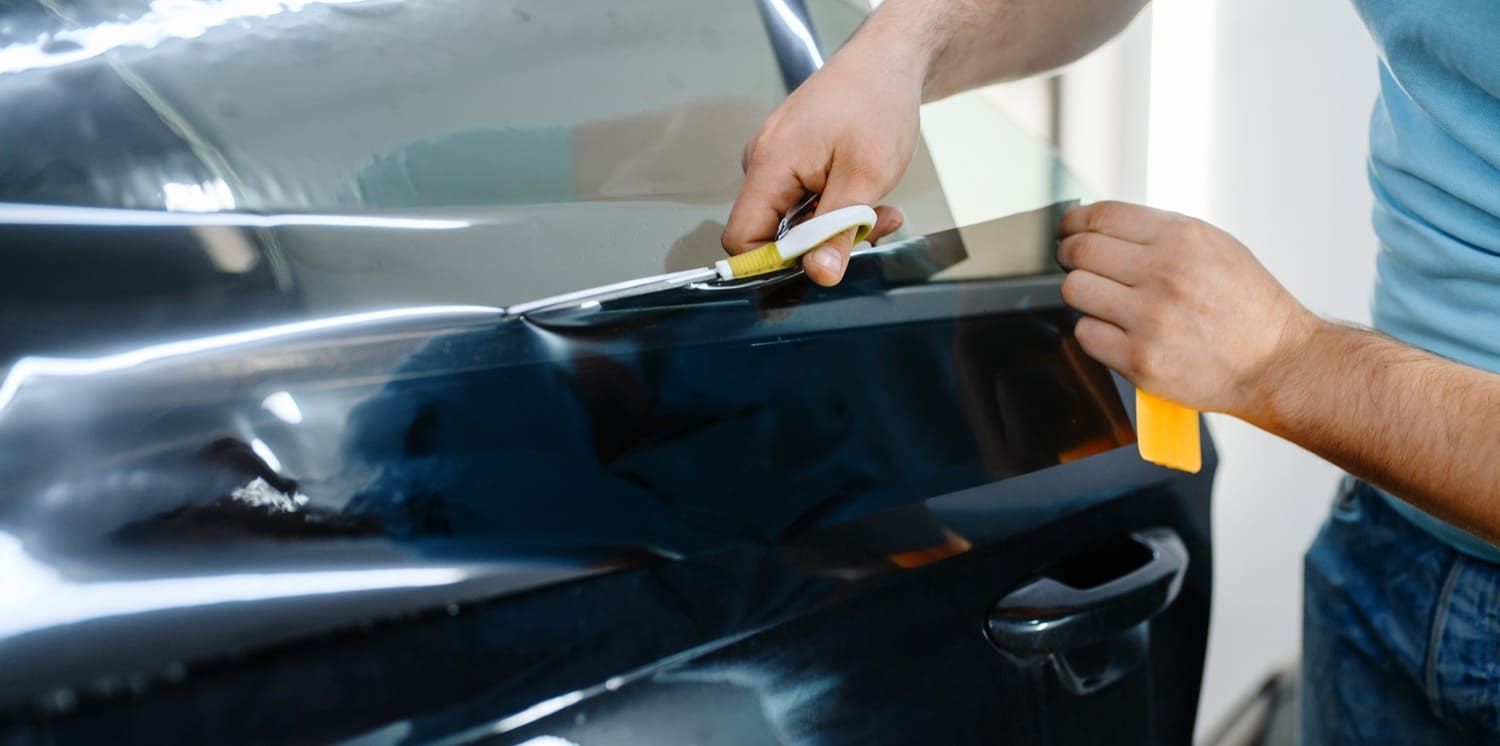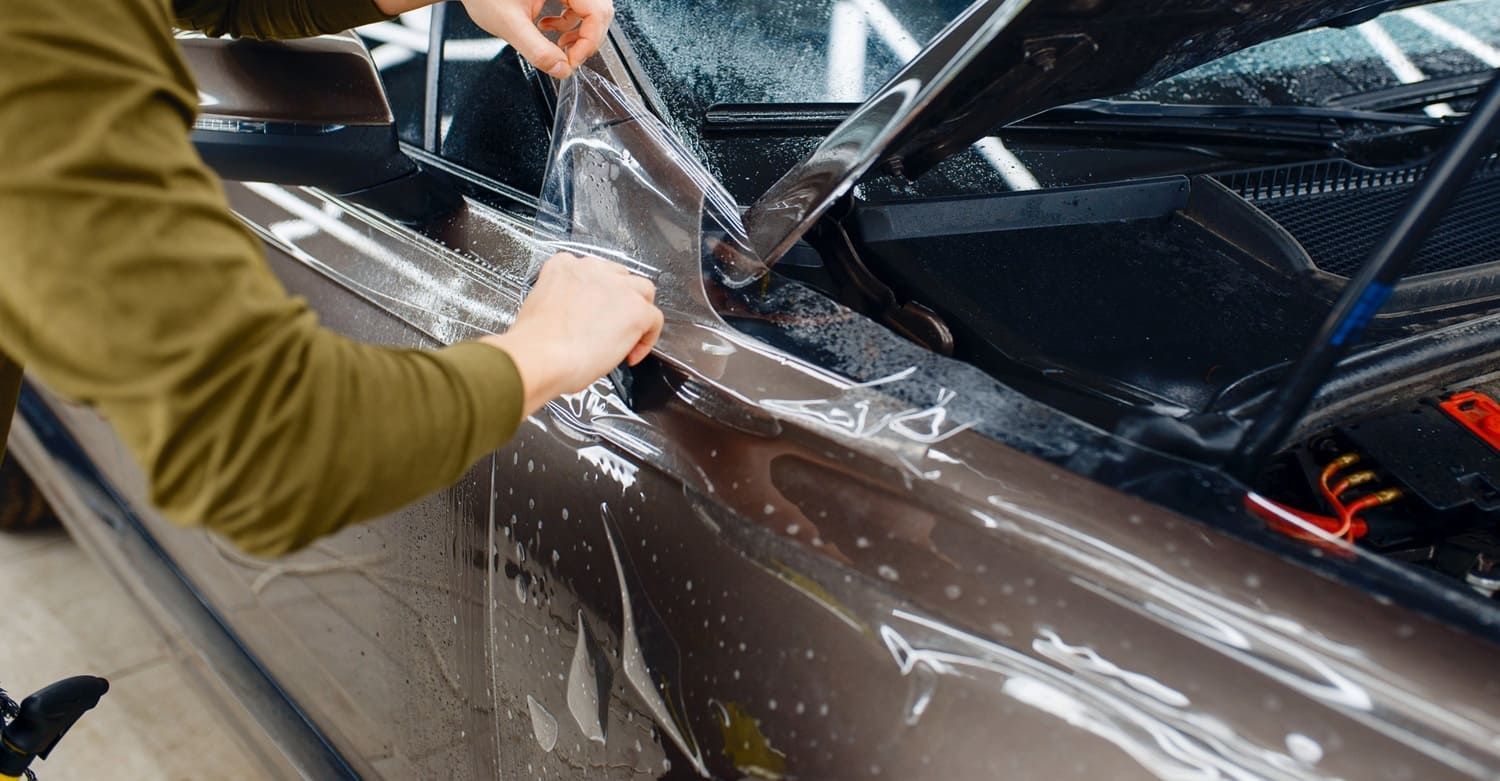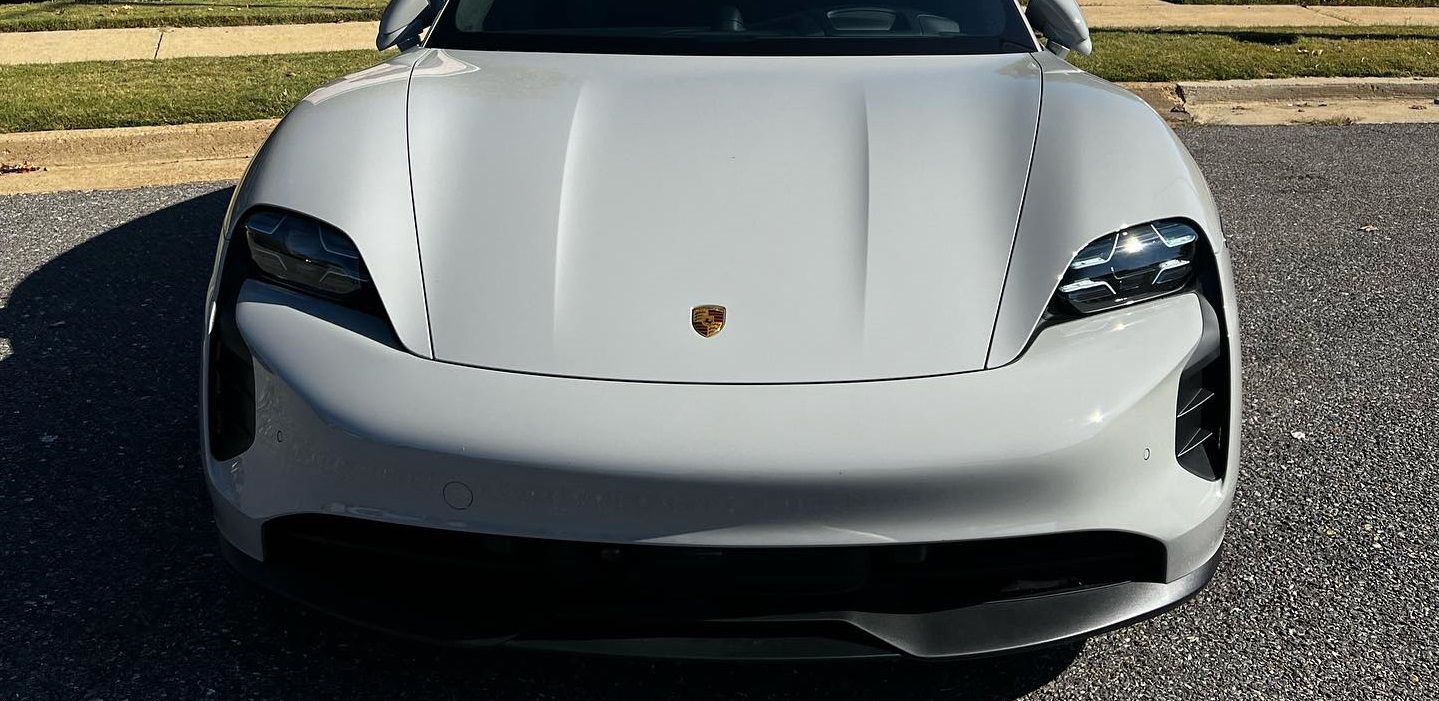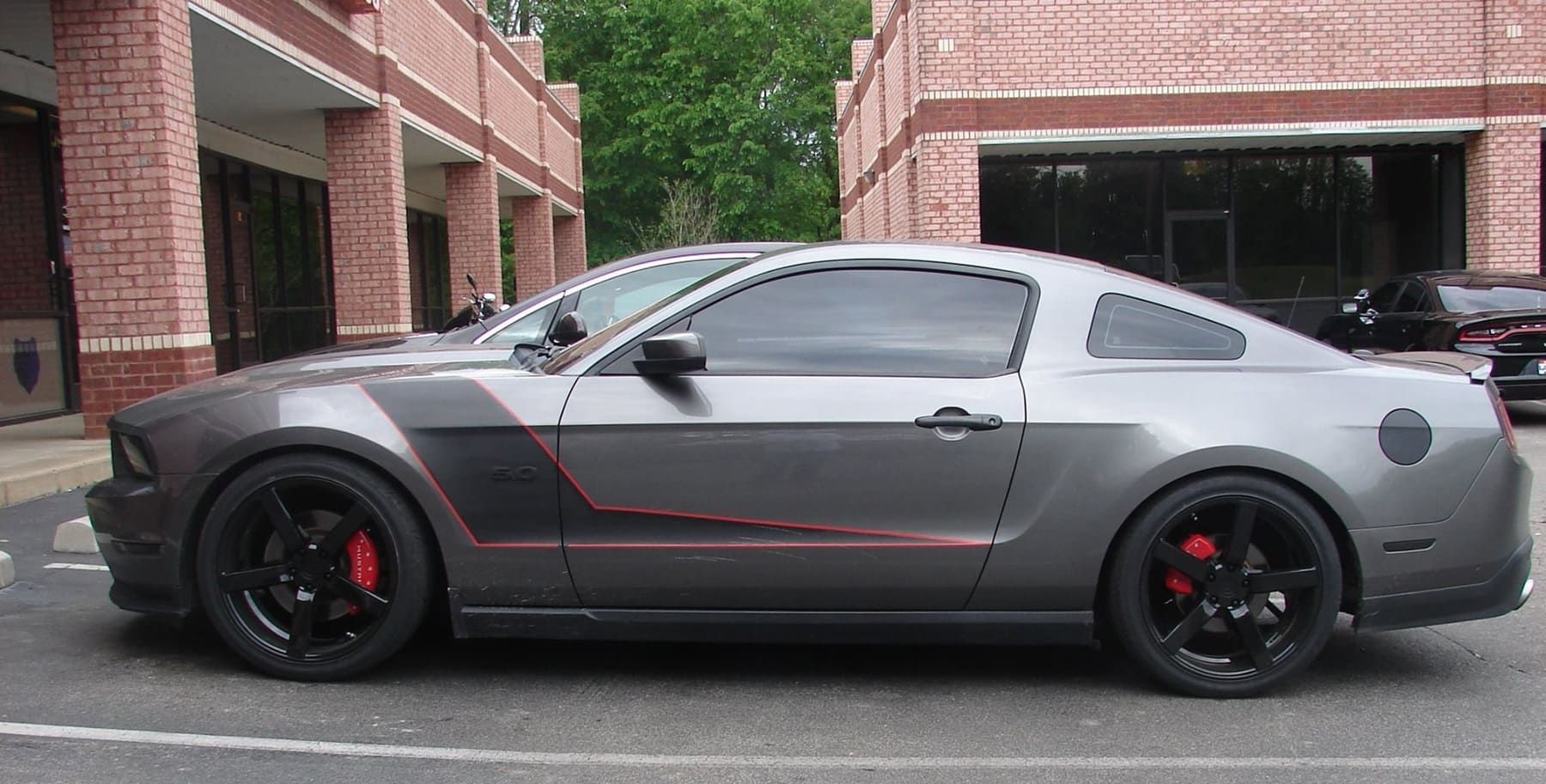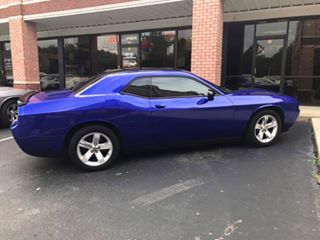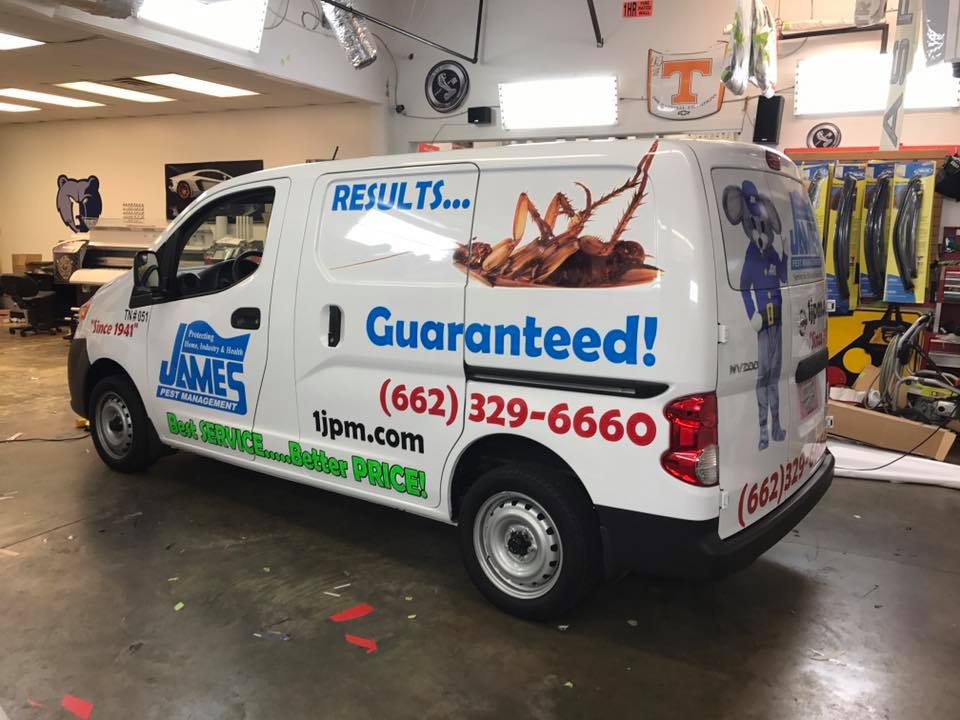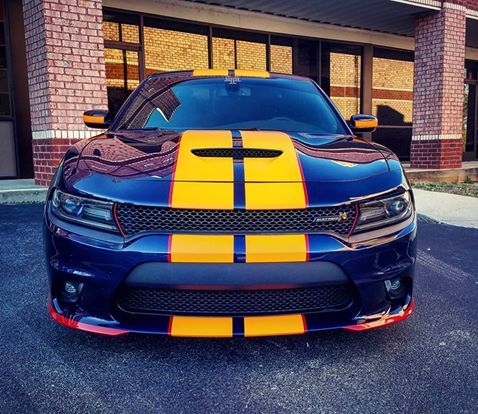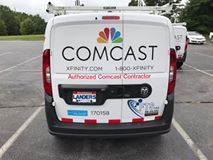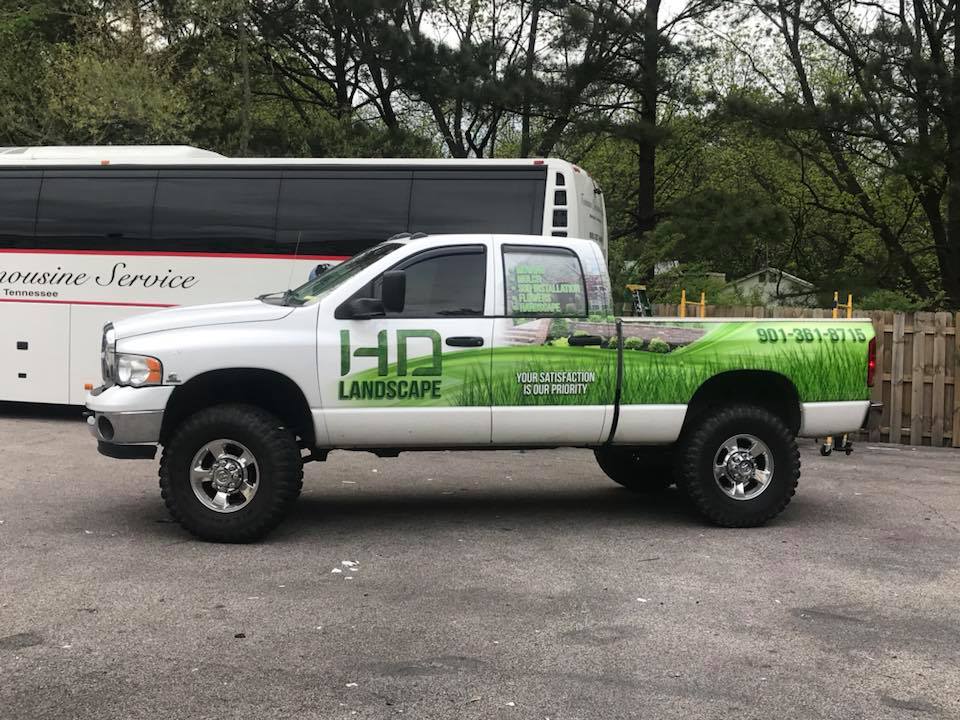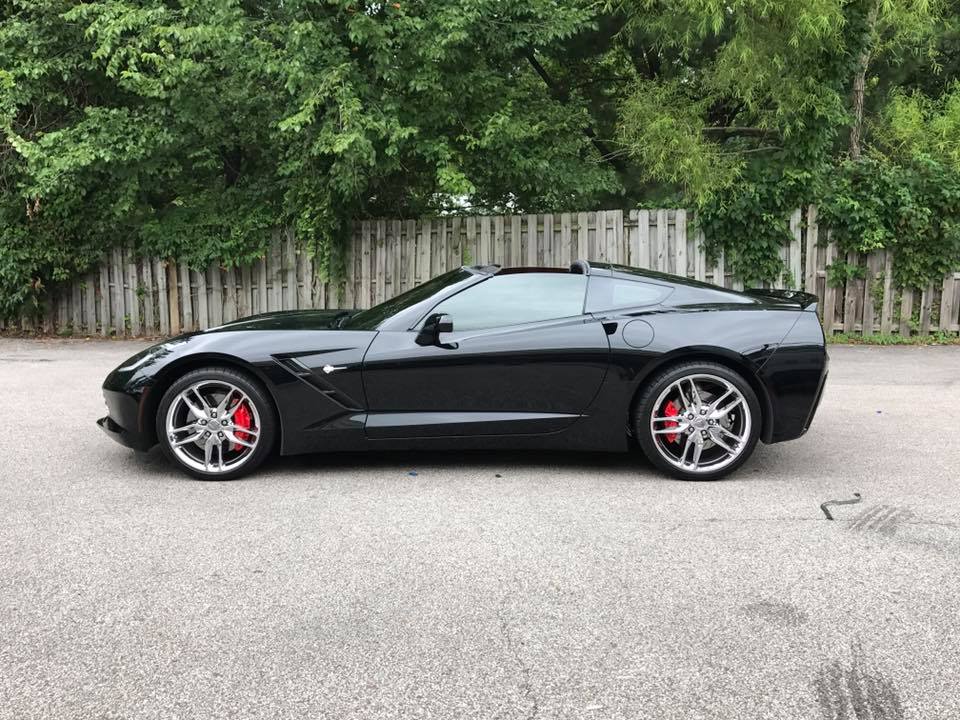Pros and Cons of Installing PPF on New Cars
When it comes to preserving the aesthetic appeal of your new car, Paint Protection Film (PPF) is a popular choice. This clear, durable film acts as a shield, protecting your car's paintwork from scratches, stone chips, and environmental contaminants.
However, like any investment, it's essential to weigh the pros and cons before deciding. The cost of PPF installation can be significant, but it may save money in the long run by reducing the need for paint repairs.
In this article, we'll explore the benefits and drawbacks of PPF installation. Whether you're a new car owner or a seasoned enthusiast, this guide will help you make an informed decision about PPF.
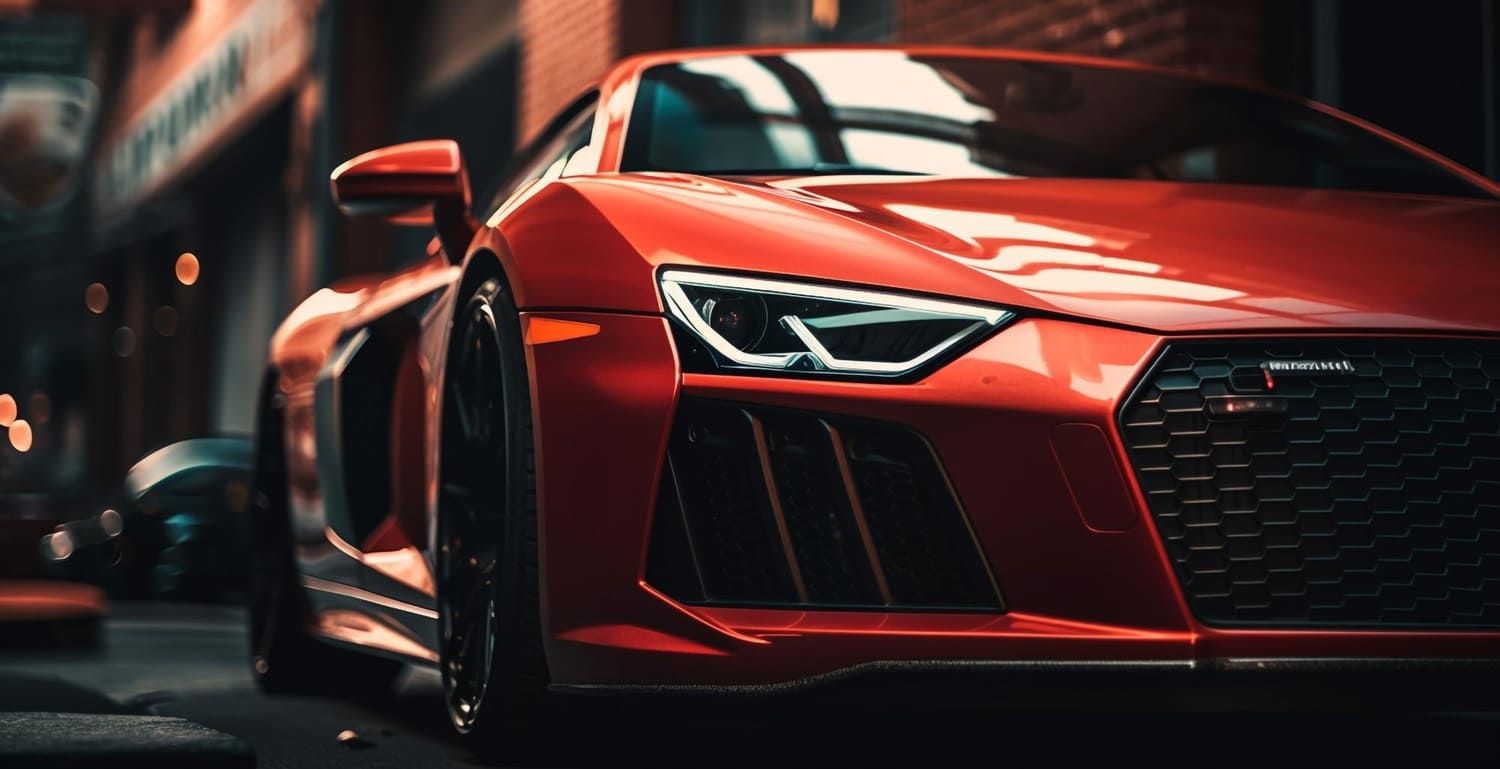
What is Paint Protection Film (PPF)?
Paint Protection Film, or PPF, is a clear, durable film applied to the exterior of cars. It's virtually invisible and does not alter the original color or design of the car.
PPF acts as a protective shield, guarding the car's paintwork against scratches, stone chips, and environmental contaminants. It's a popular choice among car owners who want to maintain their vehicle's aesthetic appeal.
Professional installation is recommended for a seamless finish and to ensure proper adhesion. The longevity of PPF can be up to 10 years, depending on the product quality and maintenance.
The Benefits of PPF Installation
One of the primary benefits of PPF is its ability to preserve the car's paintwork. This is a significant advantage for car owners who value their vehicle's aesthetic appeal.
PPF installation can be a significant investment. However, it may save money in the long run by reducing the need for paint repairs.
The benefits of PPF installation include:
- Preserving car paintwork
- Self-healing properties
- Enhancing resale value
Preserving Car Paintwork
PPF acts as a barrier, protecting the car's paint from scratches, stone chips, and environmental contaminants. It can be applied to the entire vehicle or targeted areas prone to damage, such as the front bumper, hood, and side mirrors.
Self-Healing Properties
Modern PPF is often self-healing. This means minor scratches can disappear with heat exposure, such as sunlight. This feature helps maintain the car's pristine appearance over time.
Enhancing Resale Value
PPF can enhance the resale value of the car. By keeping the paint in pristine condition, the vehicle maintains its aesthetic appeal, which can be a significant factor for potential buyers.
The Drawbacks of PPF Installation
While PPF offers numerous benefits, it also has some drawbacks. These include the initial investment, potential for poor installation, and maintenance considerations.
The drawbacks of PPF installation include:
- Initial investment and cost considerations
- Potential for poor installation
- Maintenance and longevity
Initial Investment and Cost Considerations
The cost of PPF can vary depending on the quality of the film and the size of the vehicle. It's important to weigh the car paint protection film cost against the benefits and potential resale value of the vehicle.
Potential for Poor Installation
PPF installation requires precise cutting and fitting. If not done correctly, poor installation can lead to peeling or bubbling. This is why professional installation is recommended for a seamless finish and to ensure proper adhesion.
Maintenance and Longevity
Regular maintenance of PPF includes gentle washing and avoiding abrasive cleaners. Over time, PPF may discolor or become less effective, necessitating replacement. The longevity of PPF can be up to 10 years, depending on the product quality and maintenance.
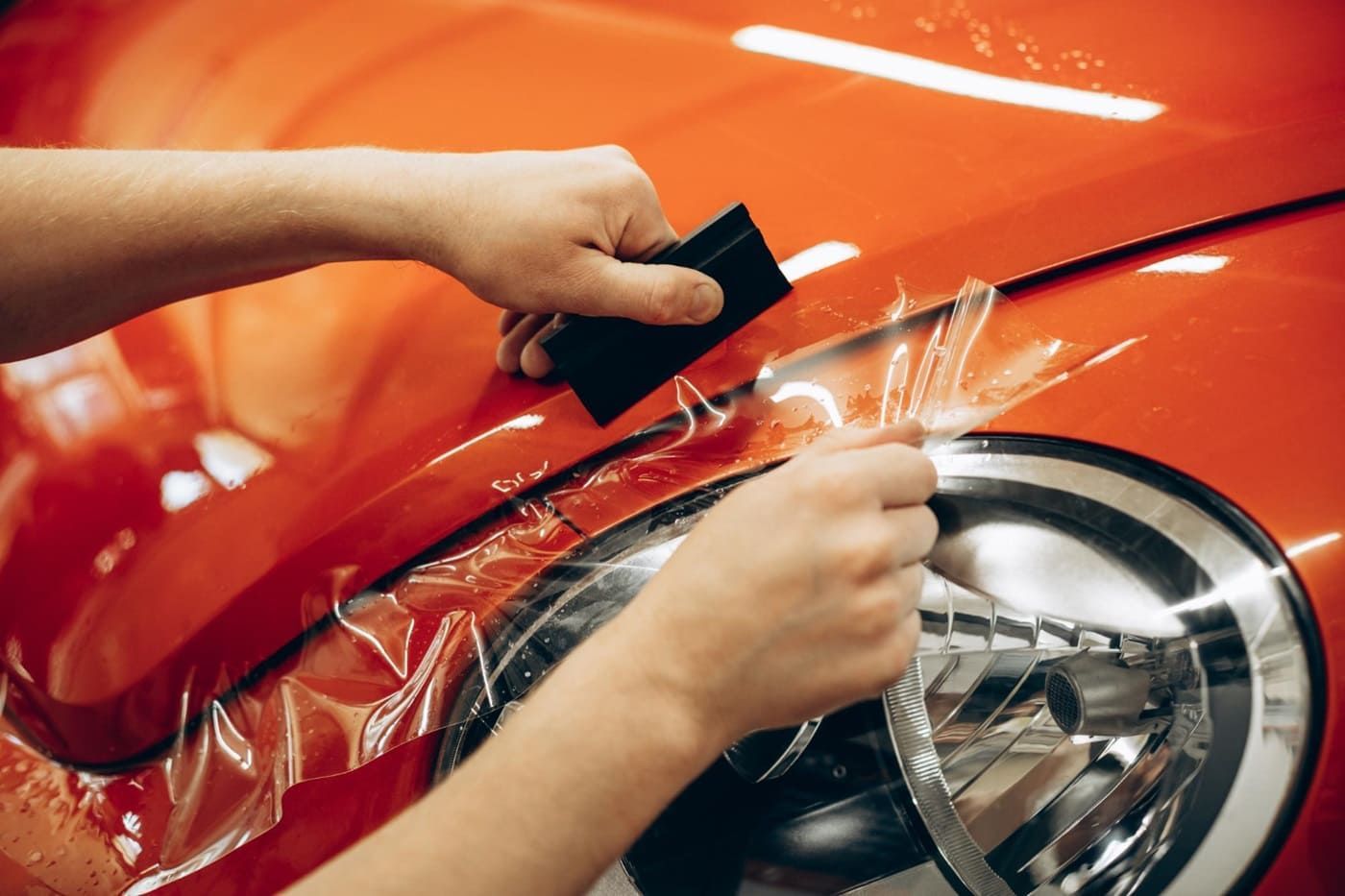
Is PPF Right for Your Car?
Deciding to install PPF should consider the car's make, model, and usage patterns. It's an investment in the car's longevity and appearance, but it's not for everyone.
Weigh the car paint protection film cost against the benefits and potential resale value of the vehicle. Ultimately, the decision is yours.
Finding Professional Car Paint Protection Film Installers Near Me
Finding a skilled installer is crucial for a successful PPF installation. Searching for "car paint protection film installers near me" can help locate expert services in your area. Remember to research and choose a reputable brand and installer for the best results. Consider Tennessee Window Tint Co. for your PPF needs. We offer free, no-obligation estimates!
Frequently Asked Questions (FAQ) about Paint Protection Film (PPF)
How does car paint protection film work?
PPF acts as a barrier against debris, UV rays, and chemicals. It absorbs impacts and prevents them from reaching the paint surface, preserving the car's appearance.
What are the benefits of using car paint protection film?
PPF preserves the vehicle's resale value, maintains its glossy finish, reduces maintenance needs, and protects against stains and discoloration.
Is car paint protection film easy to install?
Professional installation is recommended to ensure proper fit and adherence. DIY kits are available but may not provide the same level of protection.
How long does car paint protection film last?
High-quality PPF can last up to 5-10 years, depending on maintenance and environmental conditions. It requires periodic inspection and possibly replacement to maintain effectiveness.
Does car paint protection film affect the vehicle's appearance?
When professionally installed, PPF is virtually invisible and does not alter the car's color or finish. It enhances glossiness and clarity while protecting against yellowing over time.
Can car paint protection film be removed?
Yes, PPF can be safely removed without damaging the underlying paint if done correctly by a professional. This allows for easy replacement or restoration.
How much does car paint protection film cost?
Costs vary based on the size of the vehicle, type of film, and extent of coverage. It generally ranges from a few hundred to a few thousand dollars for full coverage. For a personalized quote and to learn more about our competitive pricing, contact Tennessee Window Tint Co. at (901) 213-0905. We offer free estimates and expert advice to help you choose the right option for your vehicle's protection needs.
Will car paint protection film affect vehicle warranties?
Properly installed PPF typically does not void vehicle warranties. However, it's advisable to consult with the vehicle manufacturer or dealer to confirm specific warranty details.
Does car paint protection film require special maintenance?
Routine washing and occasional waxing are recommended to maintain PPF's appearance and effectiveness. Avoid abrasive cleaners and automatic car washes with brushes.
Where can I get car paint protection film installed?
Tennessee Window Tint Co. offers professional installation of car paint protection film in Memphis and the Bartlett area. Contact us at (901) 213-0905 for a free estimate and consultation.
